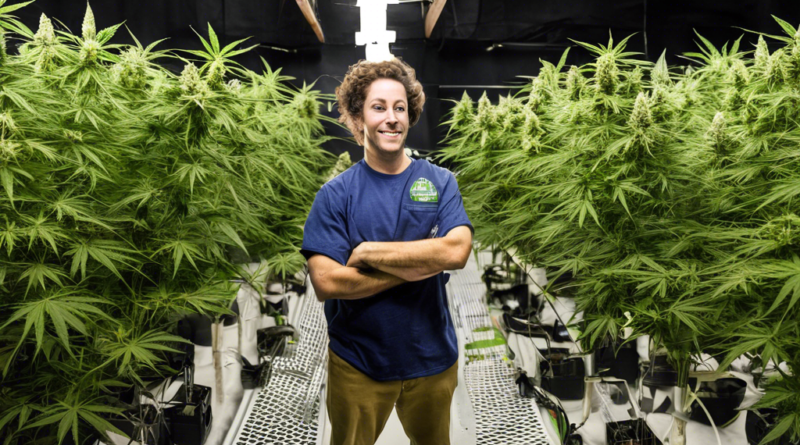California’s Cannabis Industry: Regulatory Crackdown and Economic Surge in 2024
Cannabis Industry Updates in California
Enhanced Enforcement and Regulatory Measures
The cannabis industry in California has seen significant enforcement efforts recently. California’s Unified Cannabis Enforcement Taskforce (UCETF) has been at the forefront, seizing $53 million worth of unlicensed cannabis by May 3, 2024. Since January 2024, the UCETF has stepped up its efforts against the illegal cannabis market, marking a considerable impact in the fight against unlicensed operations. This robust enforcement underscores the state’s dedication to upholding cannabis laws and maintaining market integrity.
The California Department of Cannabis Control (DCC) continues to impose strict licensing requirements for commercial cannabis businesses. To legally operate, cultivators, distributors, and retailers must secure licenses from both local jurisdictions and the state under the Medicinal and Adult-Use Cannabis Regulation and Safety Act (MAUCRSA). Additionally, the DCC has initiated a new contract with Metrc for track-and-trace software, effective from July 1, 2024, ensuring compliance through an advanced, state-mandated system.
Economic and Environmental Considerations
The cannabis industry’s economic contributions are noteworthy, with projections estimating a $115.2 billion boost to the economy in 2024. This economic expansion is supported by the increasing consumer base arising from Proposition 64, which allows adults 21 and over to purchase up to 1 oz of cannabis per day per retail location and grow up to six plants per residence. It reflects broader public support, with legalization favorability reaching a record 70% and adult-use cannabis now legal in 24 states across the United States.
Environmental concerns are also being addressed through regulatory measures. The DCC has prepared a Draft Environmental Impact Report (EIR) for the Licensing of Commercial Cannabis Cultivation in Mendocino County Project, showcasing a proactive approach to environmental stewardship and sustainable cultivation practices. Furthermore, regulatory agencies like the Bureau of Cannabis Control (BCC), California Department of Food and Agriculture (CalCannabis), and California Department of Public Health (CDPH) continue to play pivotal roles in regulating various facets of the industry.
Recognizing the significance of proper insurance coverage, the California Department of Insurance is ensuring that cannabis businesses have access to necessary insurance products. These products are crucial for business continuity and securing licenses from state cannabis licensing agencies. As the industry evolves, these regulatory and support mechanisms are essential for a sustainable and compliant cannabis market.
With these developments, California’s cannabis industry is poised for significant growth, balanced with strict regulatory oversight and a focus on environmental and economic impacts. These efforts highlight the state’s commitment to developing a responsible and robust cannabis market.

